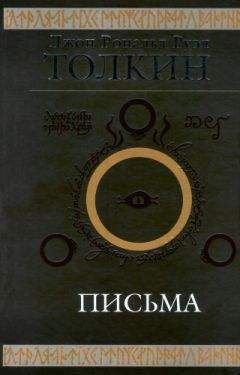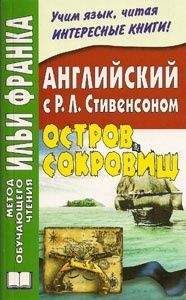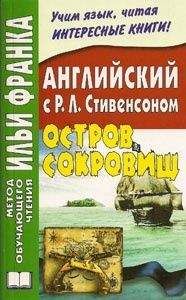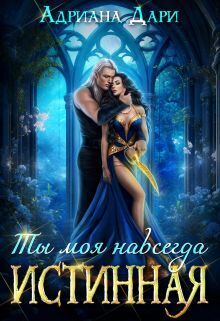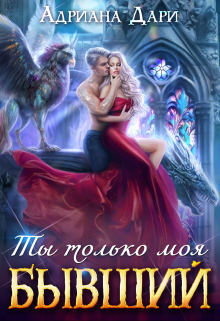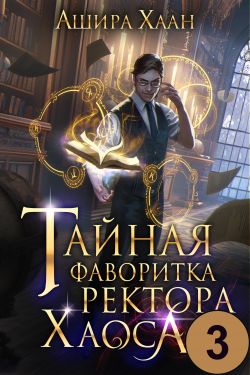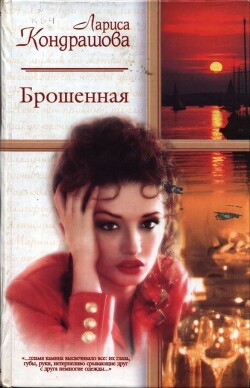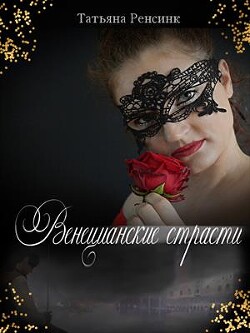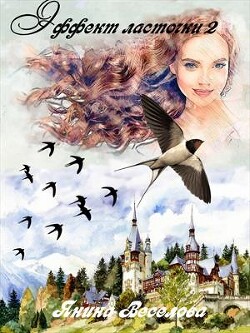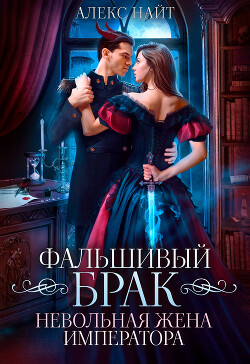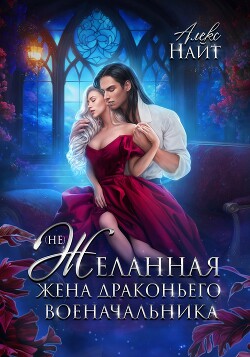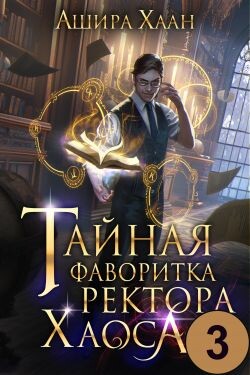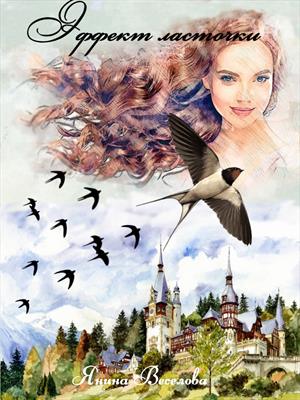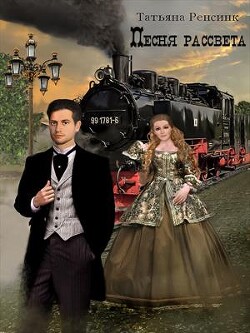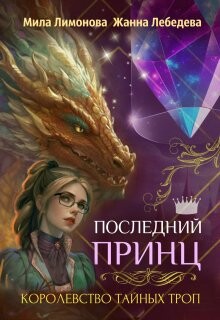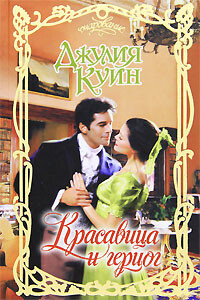Джон Толкиен - Английский язык с Дж. Р. Р. Толкиеном. Хоббит
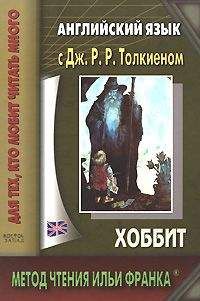
Помощь проекту
Английский язык с Дж. Р. Р. Толкиеном. Хоббит читать книгу онлайн
“Good morning (доброе утро)!” said Bilbo (сказал Бильбо), and he meant it (и именно это он и имел в виду). The sun was shining (солнце светило), and the grass was very green (и трава была очень зеленой). But Gandalf looked at him (но Гэндальф взглянул на него) from under long bushy eyebrows (из-под длинных кустистых бровей) that stuck out further than the brim of his shady hat (которые выступали вперед дальше, чем край его шляпы с широкими полями; shady — тенистый; shade — тень).
“What do you mean (что вы имеете в виду)?” he said (сказал он). “Do you wish me a good morning (вы желаете мне доброго утра), or mean that it is a good morning (или вы считаете, что это утро доброе) whether I want not (хочу я этого или нет); or that you feel good this morning (или то, что вы чувствуете себя хорошо сегодня утром); or that it is morning to be good on (или что это утро, в которое надо быть добрым)?”
beard [bɪǝd] eyebrow [ˈaɪbraʋ] bushy [ˈbʋʃɪ]
All that the unsuspecting Bilbo saw that morning was an old man with a staff. He had a tall pointed blue hat, a long grey cloak, a silver scarf over which a white beard hung down below his waist, and immense black boots.
“Good morning!” said Bilbo, and he meant it. The sun was shining, and the grass was very green. But Gandalf looked at him from under long bushy eyebrows that stuck out further than the brim of his shady hat.
“What do you mean?” he said. “Do you wish me a good morning, or mean that it is a good morning whether I want not; or that you feel good this morning; or that it is morning to be good on?”
“All of them at once (все это: «все из них» одновременно), ” said Bilbo (сказал Бильбо). “And a very fine morning (и очень хорошее утро) for a pipe of tobacco (для трубочки табаку) out of doors (на открытом воздухе; door — дверь), into the bargain (в придачу; bargain — торговая сделка). If you have a pipe about you (если у вас с собой есть трубка), sit down (присаживайтесь) and have a fill of mine (и возьмите щепотку моего /табака/)! There’s no hurry (некуда торопиться: «нет спешки»), we have all the day before us (у нас впереди целый день)!”
Then Bilbo sat down on a seat by his door (затем Бильбо присел на стульчик у своей двери), crossed his legs (скрестил ноги), and blew out a beautiful grey ring of smoke (и выдохнул прекрасное серое колечко дыма) that sailed up into the air (которое поплыло вверх в воздухе) without breaking (не разорвавшись; to break — ломать (ся), разбивать (ся) ) and floated away over The Hill (и уплыло вдаль, за Холм).
“Very pretty (очень мило)!” said Gandalf (сказал Гэндальф). “But I have no time (но у меня нет времени) to blow smoke-rings this morning (чтобы выдувать колечки дыма этим утром). I am looking for someone (я ищу кого-нибудь) to share in an adventure (/кто бы/ разделил со мной приключение) that I am arranging (которое я организую), and it’s very difficult to find anyone (и очень трудно найти кого-нибудь). ”
tobacco [tǝˈbækǝʋ] bargain [ˈbɑ: ɡɪn] hurry [ˈhʌrɪ]
“All of them at once, ” said Bilbo. “And a very fine morning for a pipe of tobacco out of doors, into the bargain. If you have a pipe about you, sit down and have a fill of mine! There’s no hurry, we have all the day before us!”
Then Bilbo sat down on a seat by his door, crossed his legs, and blew out a beautiful grey ring of smoke that sailed up into the air without breaking and floated away over The Hill.
“Very pretty!” said Gandalf. “But I have no time to blow smoke-rings this morning. I am looking for someone to share in an adventure that I am arranging, and it’s very difficult to find anyone. ”
“I should think so (еще бы: «я бы подумал так») — in these parts (в этих-то краях; part — часть, доля, сторона)! We are plain quiet folk (мы обычные тихие люди) and have no use for adventures (и не нуждаемся в приключениях; use — применение, цель, польза). Nasty disturbing uncomfortable things (/в этих/ отвратительных, тревожных, неуютных событиях)! Make you late for dinner (заставляют тебя опаздывать к обеду)! I can’t think what anybody sees in them (не могу понять, что кто-то видит в них /путного/), ” said our Mr. Baggins (сказал наш мистер Бэггинс), and stuck one thumb behind his braces (и засунул /один/ большой палец за свои подтяжки), and blew out another even bigger smoke-ring (и выдул другое, даже еще большее колечко дыма). Then he took out his morning letters (затем он достал свою утреннею почту; letter — письмо), and began to read (и начал читать), pretending to take no more notice of the old man (притворяясь, что не обращает больше никакого внимания на старика). He had decided (он уже решил) that he was not quite his sort (что он был не совсем в его вкусе: «не совсем его сорта»), and wanted him to go away (и он хотел, чтобы тот ушел). But the old man did not move (но старик не двигался). He stood leaning on his stick (он стоял, опираясь на свою палку) and gazing at the hobbit (и смотря пристально на хоббита) without saying anything (ничего не говоря /при этом/), till Bilbo got quite uncomfortable (до тех пор, пока Бильбо стало совсем не по себе; uncomfortable — неудобный) and even a little cross (и /он/ даже слегка рассердился; cross—поперечный; раздраженный, злой).
nasty [ˈnɑ: stɪ] disturbing [dɪsˈtǝ: bɪŋ] thumb [Ɵʌm]
“I should think so — in these parts! We are plain quiet folk and have no use for adventures. Nasty disturbing uncomfortable things! Make you late for dinner! I can’t think what anybody sees in them, ” said our Mr. Baggins, and stuck one thumb behind his braces, and blew out another even bigger smoke — ring. Then he took out his morning letters, and began to read, pretending to take no more notice of the old man. He had decided that he was not quite his sort, and wanted him to go away. But the old man did not move. He stood leaning on his stick and gazing at the hobbit without saying anything, till Bilbo got quite uncomfortable and even a little cross.
“Good morning (доброе утро)!” he said at last (сказал он наконец). “We don’t want any adventures here, thank you (не нужны нам здесь никакие приключения, спасибо)! You might try over The Hill (вы можете попытаться за Холмом) or across The Water (или по ту сторону Воды). ” By this he meant (этим он имел в виду) that the conversation was at an end (что разговор подошел к концу).
“What a lot of things (для какого большого количества ситуаций) you do use Good morning for (вы действительно используете «Доброе утро»)!” said Gandalf (сказал Гэндальф). “Now you mean (теперь вы имели в виду) that you want to get rid of me (что вы хотите избавиться от меня), and that it won’t be good (и что оно /утро/ не будут добрым) till I move off (до тех пор, пока я не уберусь). ”
“Not at all (вовсе нет), not at all (ничуть), my dear sir (глубокоуважаемый сэр; dear — дорогой, милый)! Let me see (постойте; to see — видеть, смотреть), I don’t think I know your name (я не уверен, знаю ли я ваше имя)?”
“Yes, yes, my dear sir (да /знаете/, да, глубокоуважаемый сэр) — and I do know your name (и я точно знаю ваше имя), Mr. Bilbo Baggins (мистер Бильбо Бэггинс). And you do know my name (и вы точно знаете мое имя), though you don’t remember that I belong to it (хотя вы и не помните, что оно принадлежит мне: «я принадлежу ему»). I am Gandalf (я — Гэндальф), and Gandalf means me (а Гэндальф это и есть я: «это и значит я»)! To think (подумать только) that I should have lived (что я доживу) to be good-morninged by Belladonna Took’s son (до того, чтобы мне «доброутровствовал»= говорил на разные лады
«Доброе утро» сын Белладонны Тук), as if I was selling buttons at the door (как будто я тут торгую пуговицами у ворот)!”
conversation [ˌkɔnvǝˈseɪʃ (ǝ) n] though [ðǝʋ] button [ˈbʌtn]
“Good morning!” he said at last. “We don’t want any adventures here, thank you! You might try over The Hill or across The Water. ” By this he meant that the conversation was at an end.
“What a lot of things you do use Good morning for!” said Gandalf. “Now you mean that you want to get rid of me, and that it won’t be good till I move off. ”
“Not at all, not at all, my dear sir! Let me see, I don’t think I know your name?”
“Yes, yes, my dear sir — and I do know your name, Mr. Bilbo Baggins. And you do know my name, though you don’t remember that I belong to it. I am Gandalf, and Gandalf means me! To think that I should have lived to be good — morninged by Belladonna Took’s son, as if I was selling buttons at the door!”
“Gandalf, Gandalf! Good gracious me (Боже правый; gracious — милостивый)! Not the wandering wizard (не тот ли самый странствующий волшебник) that gave Old Took a pair of magic diamond studs (который подарил Старому Туку пару волшебных бриллиантовых запонок) that fastened themselves (которые сами застегивались; to fasten — связывать, скреплять) and never came undone till ordered (и никогда не расстегивались, пока им не прикажешь)? Not the fellow (не тот ли самый человек) who used to tell such wonderful tales at parties (который, бывало, рассказывал такие удивительные истории в гостях; party — отряд, компания; вечеринка), about dragons and goblins and giants (о драконах, и гоблинах, и великанах) and the rescue of princesses (и о спасении принцесс) and the unexpected luck of widows’ sons (и о неожиданной удаче вдовьих сынов)? Not the man that used to make (не тот ли самый человек, который, бывало, устраивал) such particularly excellent fireworks (такие особенно великолепные фейерверки)! I remember those (я их помню)! Old Took used to have them on Midsummer’s Eve (Старый Тук, бывало, устраивал их в канун /дня/ Летнего солнцестояния: «середины лета»). Splendid (блестяще)! They used to go up (они, бывало, поднимались /так высоко/) like great lilies (как огромные лилии) and snapdragons (и львиный зев) and laburnums (и ракитник-золотой дождь) of fire (из огня) and hang in the twilight all evening (и висели в сумерках весь вечер)!”

